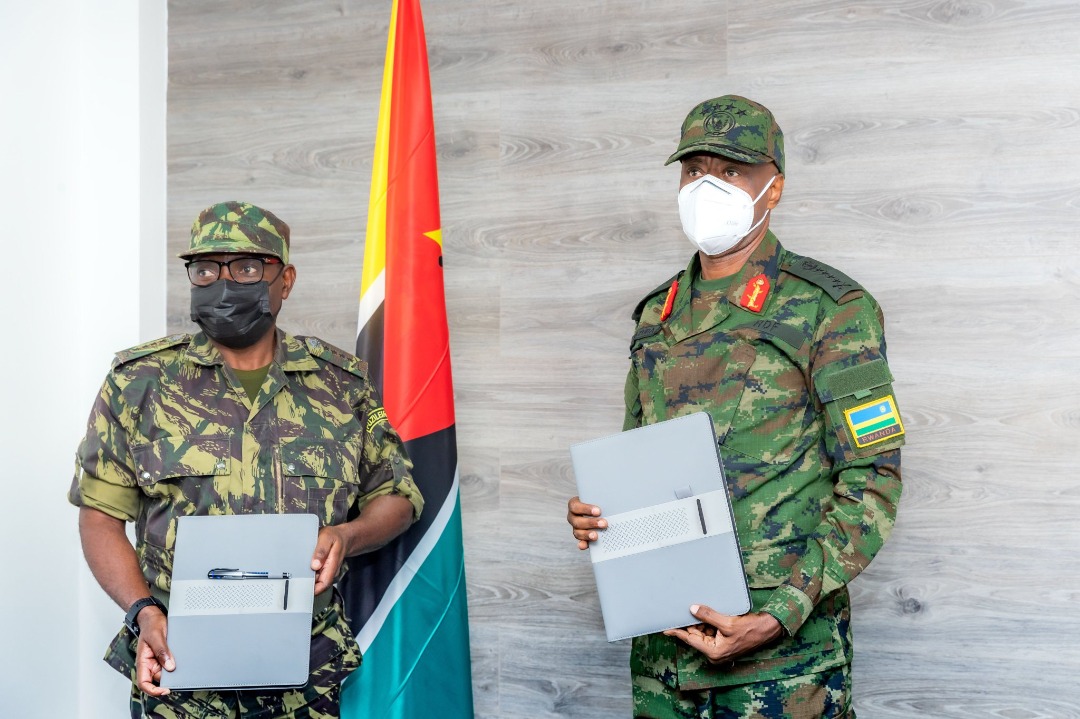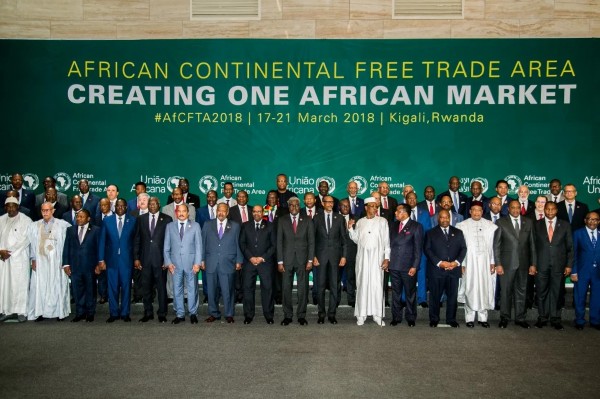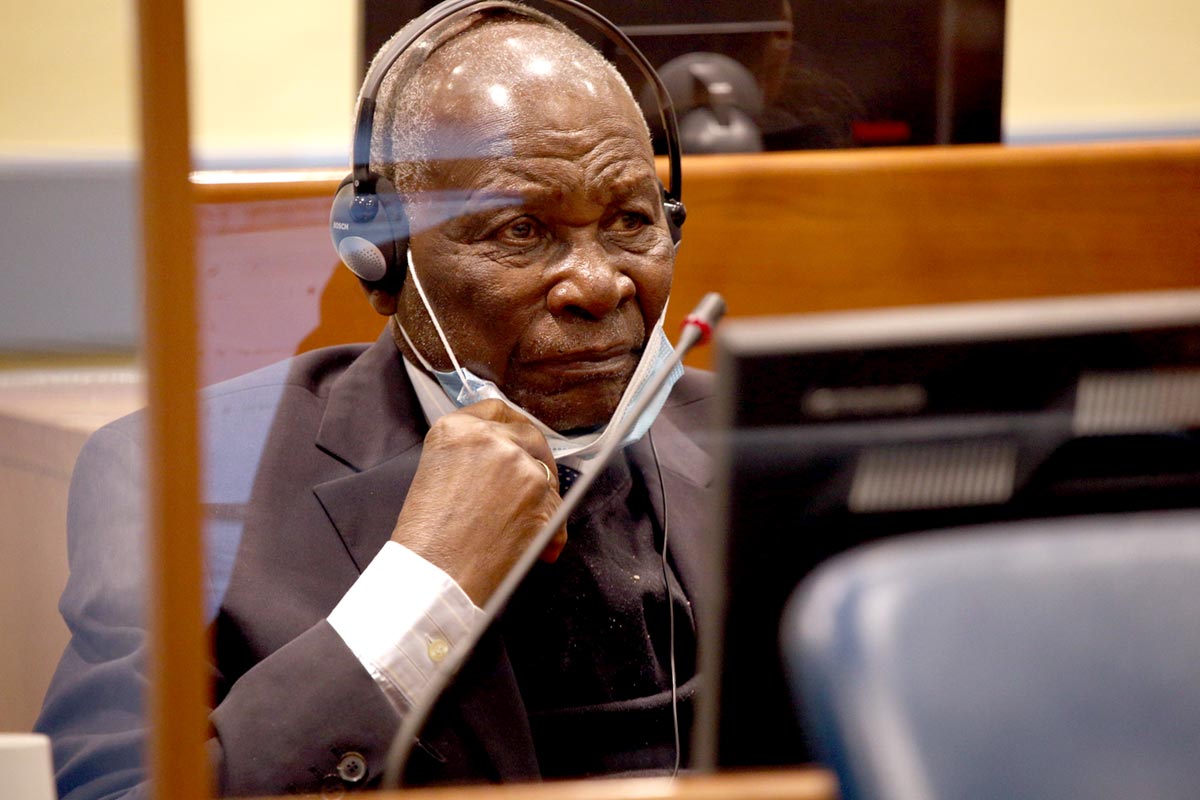International
Of a Génocidaire nun making millions from beer

In Huye District, April 22 to May 6, 1994, will
go down in history as one of the most painful periods during the Genocide
against the Tutsi.
During this time, more than 10,000 Tutsi who
had taken refuge in various houses of the Sovu Monastery were killed. Sister
Gertrude (Consolata Mukangango) and Sister Kizito (Julienne Mukabutera) who
were responsible for these killings, are now roaming freely in Belgium.
Tutsi refugees at Sovu were attacked three
times. By April 17, 1994, more than 10,000 Tutsi had sought refuge in the
monastery’s rooms, health center, and garage. The first massacre that saw the
death of more than 7,000 Tutsi was on April 22.
On that day, the Interahamwe first attacked
those who had taken refuge at the health center and they fled into its garage. Once
there, they decided to burn them alive in the garage with two jerrycans of fuel
brought to them by the two sisters. Afterwards, the sisters got their list and
checked if all of them were dead.
On April 25, 1994, the leader of Interahamwe
from Sovu returned to kill the remaining Tutsi who were hiding inside the
Monastery. This was done on the orders of Sister Gertrude and Sister Kizito,
because she told them to get rid of the refugees as they no longer had food for
them.
The refugees’ pleas fell on the sisters’ deaf ears.
At least 1,000 Tutsi died that day.
A few days later, on May 5, 1994, Sister
Gertrude wrote a letter to the Bourgmestre of Huye Commune, Jonathan Ruremesha,
urging him to come and expel the refugees because they did not have enough
resources to support them and wanted to continue the Monastery’s work ‘without
disturbance. The next day, on May 6, 1994, Ruremesha brought police officers
and Interahamwe to kill the more than 30 remaining refugees, who were the
relatives of her fellow sisters.
These ‘women of God’ collaborated with local
genocidal leaders, provided the gasoline used to burn hundreds of Tutsi alive,
drove over the bodies of the dying, and cast out refugees who had been hiding
in the monastery, well knowing that these people would be slaughtered.
The sisters fled to then Zaire (now DRC) in
July 1994, knowing that the RPF had advanced. They later went to the Central
African Republic (CAR), and finally, to Belgium, where they were hosted in the Benedictine
Sisters Order Monastery.
They lived quietly and freely in Belgium until
Belgian media published the revelations of the crimes they committed during the
1994 Genocide in Rwanda.
With the unconditional support of Belgium's
Benedictine Sisters Order, Sister Gertrude calmly denied all the accusations,
branding her accusers as “traumatized” and “liars”.
In June 2001, the nuns were convicted for war
crimes and genocide by a Brussels court. Mukangango was sentenced to 15 years
and Mukabutera 12 years, for their crimes.
They served only seven years of their sentence.
Upon release,
Sister Gertrude returned to the Benedictine Monastery at Maredret. In 2018,
with the support of French journalist, Jerome Castaldi, she wrote a book: “Rwanda 1994. La parole de Soeur Gertrude.”
The book demeans the history of the Genocide
against the Tutsi, criticizes the justice system and strongly targets genocide
survivors who exposed her involvement in the Genocide at Sovu, including her
fellow Sisters of Sovu Monastery who also testified against her.
In her book, she alleges that she was convicted
for her cowardice, and not for the killings, saying that she did not help the
Tutsi that sought refuge in her Monastery, to avoid being killed themselves.
The fact that, despite their crimes, the nuns
were welcomed back by the Roman Catholic Church with their long white robes and given back their tittles and Sister Gertrude is now the mother superior of
the Benedictine Monastery at Maredret, is a story for another day.
With the support of the church, the monastery
led by Sister Gertrude, ventured into the beer-brewing business. By 2021, the
brewery produced 300,000 bottles of "Maredret" beer.
Sold at $9 a bottle all over Belgium, and exported
to Italy and Spain, the beer generates an annual income of around $3 million.
Sister Gertrude wants to boost her production
to three million bottles a year, which could potentially lead to a profit of
more than $30 million.
The project is supported by many fellow
Catholics. And Sister Gertrude is given countless platforms in the media such
as BBC, and VOA, among others, to advertise her beer.
In September, the BBC featured her in a ‘church
and beer’ podcast, giving her space to talk about her business. The podcast was
deleted soon after its publication, but the damage had been done. No apology was
issued by BBC.
The
fact that such media houses knowingly give a platform to genocidaires and
genocide deniers and supports them in making millions of dollars while the
hearts of their victims are still bleeding is tormenting enough. It also speaks
volumes.






